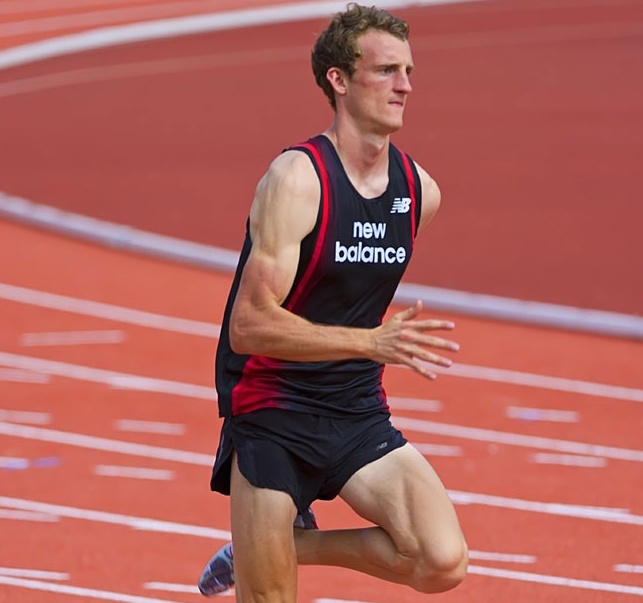It is well known that diet plays a crucial role in sports performance so over the last few weeks I have been seeing a sports nutritionist to help get the most out of my training. My good mate, and fellow runner, Ryan Jackson is qualified with a Masters in Dietetics so he was the one I went to for some advice. I trust him not only from a professional perspective, but because he also knows and understands the demands of being a distance runner.
With my next few blogs, I’d like to share some things I’ve learnt from Jacko which have already started to benefit my training and recovery. This first blog will start with the basics of my first consultation with him. Later blogs will touch on the use of sports supplements and enhanced competition performance.
In the first consult, it was important for me to get the basics. We focused on carbohydrate, protein and fluid intake.
Carbohydrate
As many of you would know, carbohydrate is the body’s preferred food source for producing energy during physical activity. What you may be unaware of however, is how much carbohydrate you should be consuming on a daily basis. With my training load, I now use the formula 10g/kg/day. To get these sorts of numbers of carbohydrates into my body, it is a surprisingly large amount of food that needs to be consumed.
We then went on to chat about how important post-exercise nutrition is, both for recovery and our immune system. You may have heard that athletes are often more susceptible to illness. This is thought to be due to the low grade inflammation that occurs with intense exercise. Our body’s normal response to this is to release a hormone called cortisol. Cortisol is a natural anti-inflammatory that assists with healing and recovery, however it also has an effect of decreasing the immune system function. What is now known, is that consuming 1.0-1.2g/kg of carbohydrate within 30min of the completion of exercise helps to reduce the amount of cortisol that is released thereby lowering the level of immune suppression and the body’s susceptibility to sickness. This means that not only protein, but carbohydrate, should be consumed immediately after exercise (watch out for those protein only powders!)
Protein
Similar to carbohydrates, I now follow a formula to make sure I am getting enough protein but also so that I don’t overdo it and waste money on expensive protein powders. The formula I use is 1.5g/kg/day
For my diet, I found that this amount was really quite easily achievable with standard meals so protein powders aren’t necessarily needed. That being said, as mentioned above, protein powders that also contain carbohydrates are a great post-exercise recovery tool (but so is a chocolate milk!)
H2O
We all know that proper hydration is crucial to sports performance. Athletes typically lose between 500ml and 1500ml per hour at low temperatures. This can be dramatically increased during the heat. It is also known that elite athletes have the ability to sweat more than everyday people which makes hydration all the more important for us athletes. What is also important to remember is that the fluid we are losing through sweat is not just H2O. It is also a combination of electrolytes such as potassium (K+), calcium (Ca2+), magnesium (Mg2+) and chloride (Cl-).
The aim of rehydration is to get all of this fluid and electrolytes back after a bout of exercise. As a rough guide, your aim should be to replace the amount of body weight you have lost during the session. Weigh yourself before and after to get your weight loss but if you don’t have access to scales before each session you can use this rule: for every hour of exercise try to drink 1000-1500ml of fluids (which contain electrolytes too). Now don’t go smashing all this fluid at once. You can only absorb around 200ml every 15min so try to replace the fluid lost over an hour or two.
I asked Jacko what was the best sports drink for fluid and electrolyte replacement. Off the supermarket shelf, Staminade was his answer because it has a good source sodium, potassium and magnesium (a lot of drinks don’t have magnesium). Staminade does contain fructose though, so if you are intolerant to that stick to Gatorade or Powerade etc.
I hope you find these tips helpful. I found that, while I was aware of the necessity for carbohydrates, protein and H2O/electrolytes, having clear cut formulas and instructions allows me to know that I am giving my body the best chance to recover and adapt to training loads.
Stay tuned for the next blog on sports supplements and enhanced competition performance
Johnny















